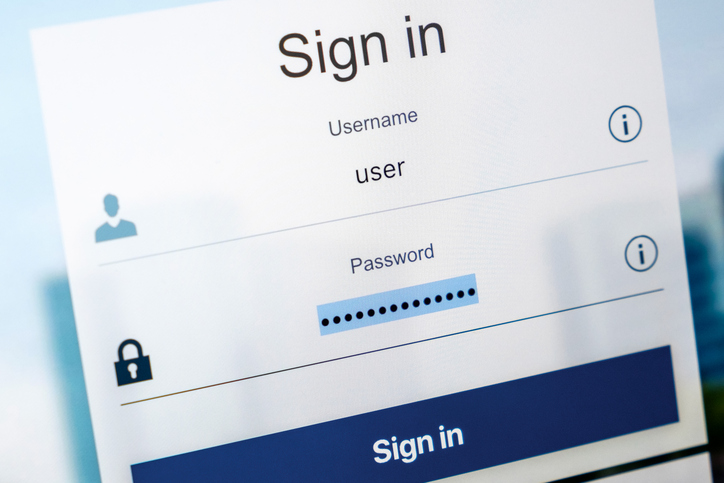
Lawyers Still Lag in Information Security Risk Management
The frequency and scope of data breaches are growing every day. Hackers have set their sights on law firms because of the treasure trove of valuable data they hold. News of cyberattacks against the legal community has been splashed across the covers of business publications and warned about by professional organizations for a number of years, so this isn’t anything new. What is astonishing, however, is that law firms are still lagging behind with respect to insurance coverage for cyber risks and the implementation of…
Continue Reading





